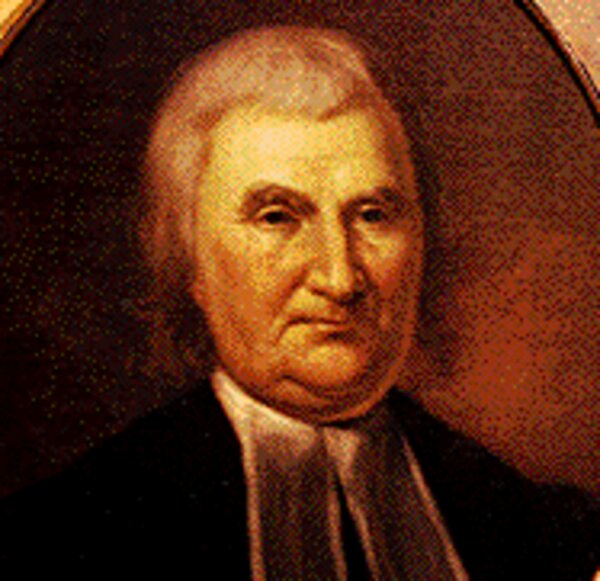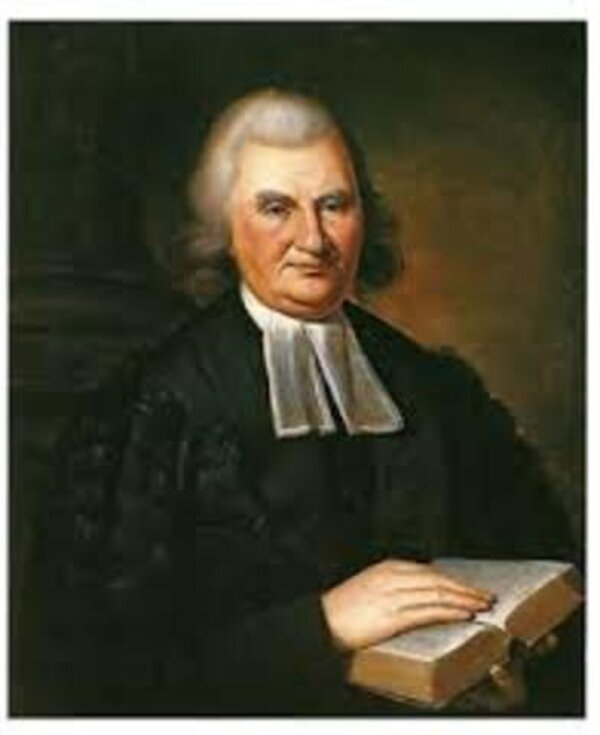He was imprisoned defending his homeland.
Witherspoon was a pro-Republican, ardent Protestant, and nationalist. Thus, he was opposed to the Jacobite Roman Catholic Legalism that was arising in 1745–1746. He was briefly imprisoned at Doun Castle following the Jacobite's victory at the Battle of Falkirk, which had a long-lasting impact on his health.
Witherspoon defended the Popular party in Scotland, which preferred unions selecting their own ministers as opposed to letting the government do so. Charles Edward Stuart, however, invaded Scotland in the midst of that struggle in order to reunite Scotland and England under a single dominion, as had been the case under his grandfather, King James II. While organizing forces to repel the invasion with other religious leaders, Witherspoon was captured. John Witherspoon was imprisoned in Doune Castle and subjected to terrible treatment for defending his property.
He served as a minister of the Church of Scotland (Presbyterian) at Beith, Ayrshire (1745–1758) after being imprisoned for a while. There, he wed Elizabeth Montgomery of Craighouse. He served as the pastor of Laigh Kirk in Paisley from 1758 to 1768. (Low Kirk). Witherspoon became well-known in the Church as an ardent opponent of the centrist Party.








